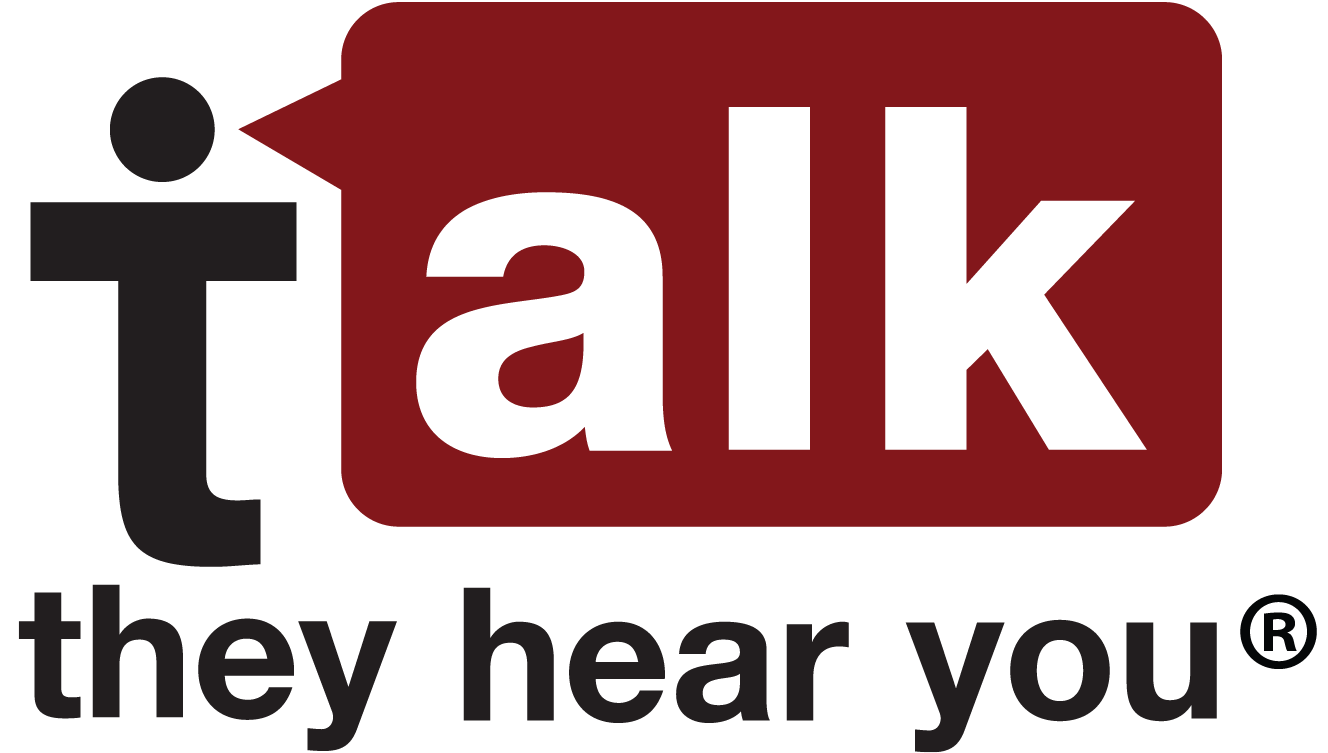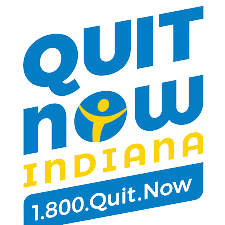Stories and Successes |
|
5/27/2019 0 Comments Did you Know?Ketamine Clinics for DepressionThe anesthetic ketamine is increasingly being used off-label for depression. The drug seems to work rapidly, frequently in a matter of hours and lasting up to two weeks, but its long-term side effects are unknown. It’s also not clear if there’s a significant risk of addiction. Because those seeking care are often so desperate for relief, they’re willing to accept the risks, cost – a single infusion can cost hundreds of dollars, – and the uncertainties. Two decades ago, ketamine was known as an anesthetic used in pet surgery and a party drug nicknamed “special K” that was popular at raves. Now, it’s the hottest new treatment for depression that hasn’t responded despite psychotherapy or antidepressants. Dozens of ketamine “clinics” offering infusions have popped up across the United States over the past few years, everywhere from big cities like New York, Houston and Los Angeles to Boise, Idaho, and Charleston, S.C. Ketamine is approved by the FDA only as an anesthetic, not for depression. If it is used for depression, it must be combined with complex regimens of other psychiatric medications that treat depression. Some patients have undergone ketamine infusions for years, while others have seen its effects fade over time. More information here. The Drug Overdose Epidemic in Indiana: Behind the Numbers |
AuthorMultiple Authors including coalition staff, board members, and coalition members contribute to this page. Archives
March 2023
|
Location100 N. Meridian Street
Portland, Indiana 47371 |
About UsThe Jay County Drug Prevention Coalition (JCDPC) is part of the statewide network of the Indiana Commission to Combat Drug Abuse. The JCDPC is the Local Coordinating Council (LCC) for the community.
Contact UsGeneral Info:
(260) 251-3259 [email protected] Recovery Info: [email protected] Prevention Info: [email protected] |
|





 RSS Feed
RSS Feed

